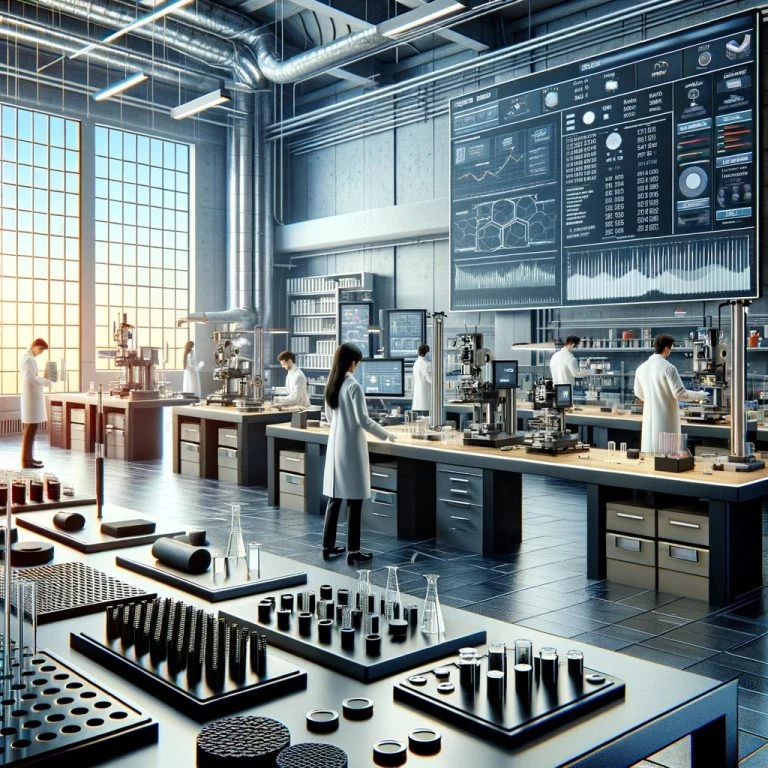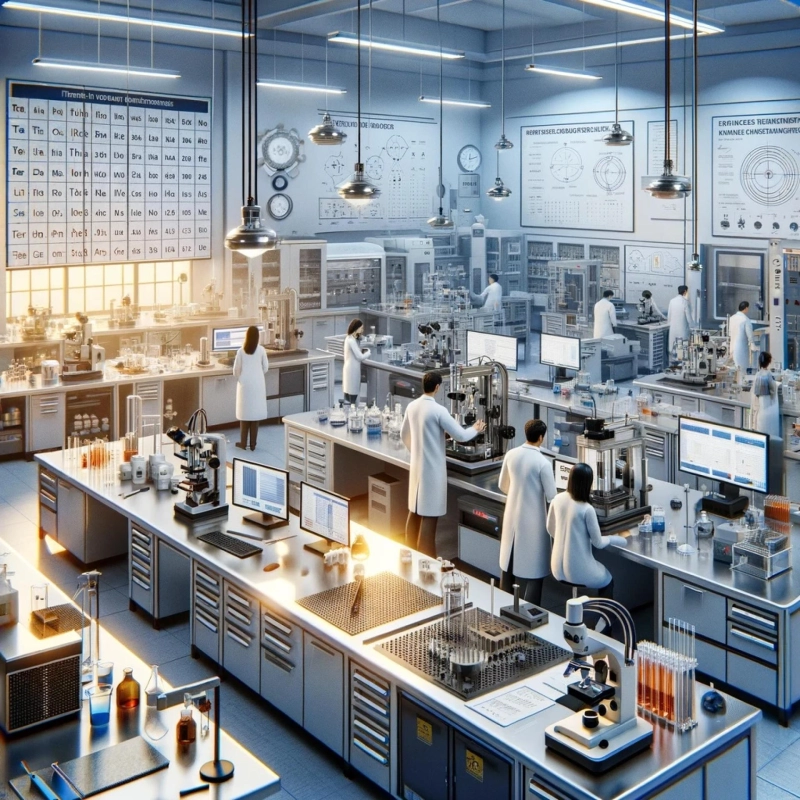The Essential Role of Material Testing Laboratories in Modern Industries
Introduction:
In the rapidly evolving landscape of modern industries, material testing laboratories play a pivotal role in ensuring the safety, reliability, and quality of products and infrastructure. These specialized facilities are the unsung heroes behind the scenes, conducting a wide array of tests on materials ranging from metals and polymers to concrete and composites. Their work is crucial across various sectors, including construction, aerospace, automotive, and consumer goods, ensuring that materials meet regulatory standards, industry specifications, and consumer expectations.
The Core Functions of Material Testing Laboratories
Material testing laboratories are equipped with advanced technologies and staffed by experts trained to assess the properties and performance of different materials under various conditions. The core functions of these laboratories include:
Mechanical Testing: This involves evaluating material properties such as strength, ductility, hardness, and impact resistance. Mechanical testing ensures that materials can withstand the stresses and strains they will encounter during use.
Chemical Analysis: Laboratories perform chemical analyses to determine the composition of materials. This is crucial for verifying material specifications, understanding corrosion mechanisms, and ensuring compatibility with other materials.
Environmental Testing: Materials are exposed to simulated environmental conditions to assess how they will perform over time when exposed to factors like UV radiation, moisture, temperature fluctuations, and corrosive environments.
Failure Analysis: When materials fail in service, laboratories conduct failure analysis to determine the root cause. This information is critical for preventing future failures and improving material selection and design.
The Impact of Material Testing on Industry and Society
The work of material testing laboratories has a profound impact on both industry and society:
Safety and Reliability: By ensuring materials meet the highest standards of safety and performance, laboratories protect the well-being of consumers and workers. This is especially crucial in industries where failure can have catastrophic consequences, such as in aerospace and construction.
Innovation and Development: Material testing laboratories are at the forefront of new material development, helping to create lighter, stronger, and more durable materials. This drives innovation across industries, leading to more efficient and sustainable products and processes.
Regulatory Compliance: Laboratories help manufacturers comply with international standards and regulations, facilitating global trade and ensuring that products can be sold in different markets.
Cost Efficiency: By identifying material defects and performance issues early in the development process, laboratories help companies avoid costly recalls and reputational damage. This also contributes to the longevity of products, reducing waste and promoting sustainability.

The Future of Material Testing Laboratories
As industries continue to advance and new materials are developed, the role of material testing laboratories will only grow in importance. Emerging technologies like nanomaterials and biocompatible polymers present new challenges and opportunities for testing. Additionally, the push towards sustainability and circular economy principles is driving demand for testing services that can assess material recyclability and environmental impact.
Material testing laboratories must continually evolve, adopting new technologies and methodologies to meet the changing needs of industries. Advances in simulation software, automation, and artificial intelligence are enhancing the efficiency and accuracy of material testing, paving the way for even greater contributions to industrial innovation and safety.
Conclusion:



